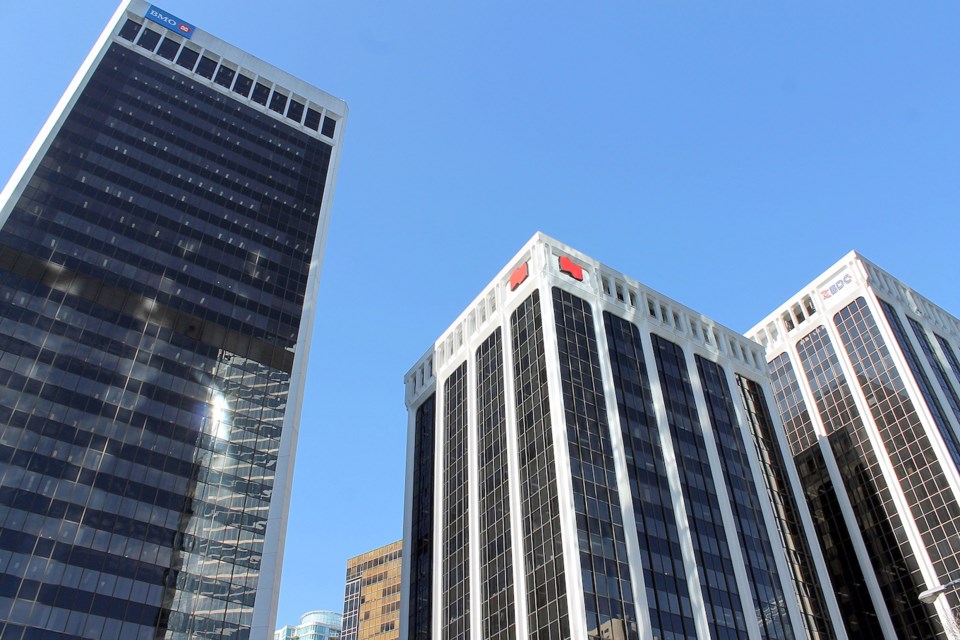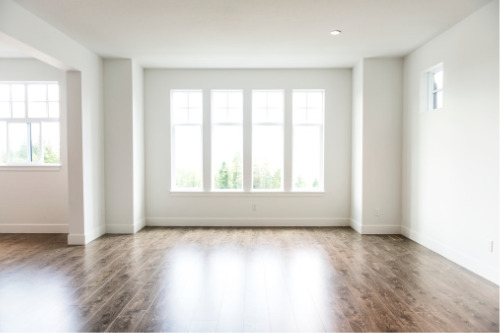The increased activity seen in the Lower Mainland’s commercial real estate market in the latter half of 2020 carried into the first quarter (Q1) of 2021.
There were 576 commercial real estate sales in the Lower Mainland in Q1 2021, a 46.9 per cent increase from the 392 sales in Q1 2020, according to data from Commercial Edge, a commercial real estate system operated by the Real Estate Board of Greater Vancouver (REBGV).
The total dollar value of commercial real estate sales in the Lower Mainland was $2.655 billion in Q1 2021, a 10 per cent increase from $2.413 billion in Q1 2020.
“Activity in the commercial real estate market has followed a similar pattern to what we’ve seen in the residential market throughout most of the pandemic,” Keith Stewart, REBGV economist said. “Commercial sales and dollar values have increased as REALTORS® and consumers have shown more confidence doing business within the COVID-19 safety guidelines that our public health professionals and WorkSafeBC have developed.”
Q1 2021 activity by category
Land: There were 110 commercial land sales in Q1 2021, which is a 0.9 per cent decrease from the 111 land sales in Q1 2020. The dollar value of land sales was $684 million in Q1 2021, a 35 per cent decrease from $1.053 billion in Q1 2020.
Office and Retail: There were 229 office and retail sales in the Lower Mainland in Q1 2021, which is up 62.4 per cent from the 141 sales in Q1 2020. The dollar value of office and retail sales was $820 million in Q1 2021, a 136.1 per cent increase from $347 million in Q1 2020.
Industrial: There were 196 industrial land sales in the Lower Mainland in Q1 2021, which is a 58.1 per cent increase from the 124 sales in Q1 2020. The dollar value of industrial sales was $664 million in Q1 2021, a 78 per cent increase from $373 million in Q1 2020.
Multi-Family: There were 196 industrial land sales in the Lower Mainland in Q1 2021, which is a 58.1 per cent increase from the 124 sales in Q1 2020. The dollar value of industrial sales was $664 million in Q1 2021, a 78 per cent increase from $373 million in Q1 2020.
 More than 60 per cent of office employees expected to return to the workplace. | Chung Chow
More than 60 per cent of office employees expected to return to the workplace. | Chung Chow





